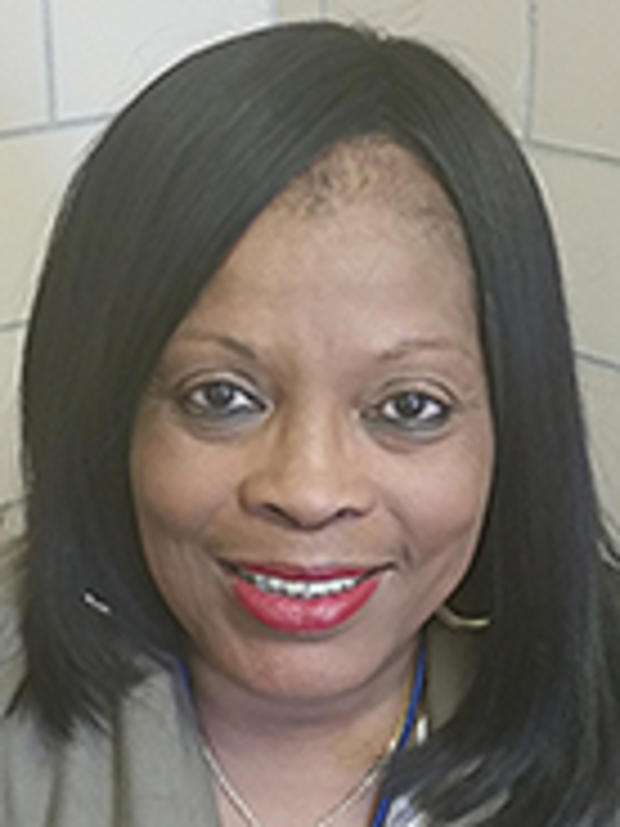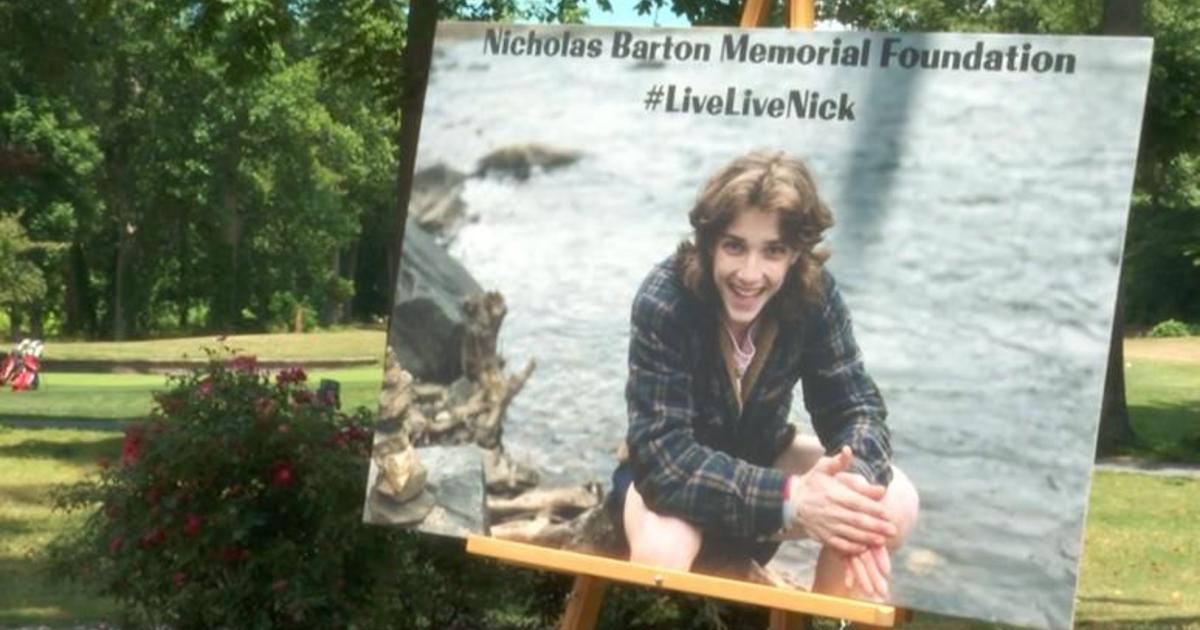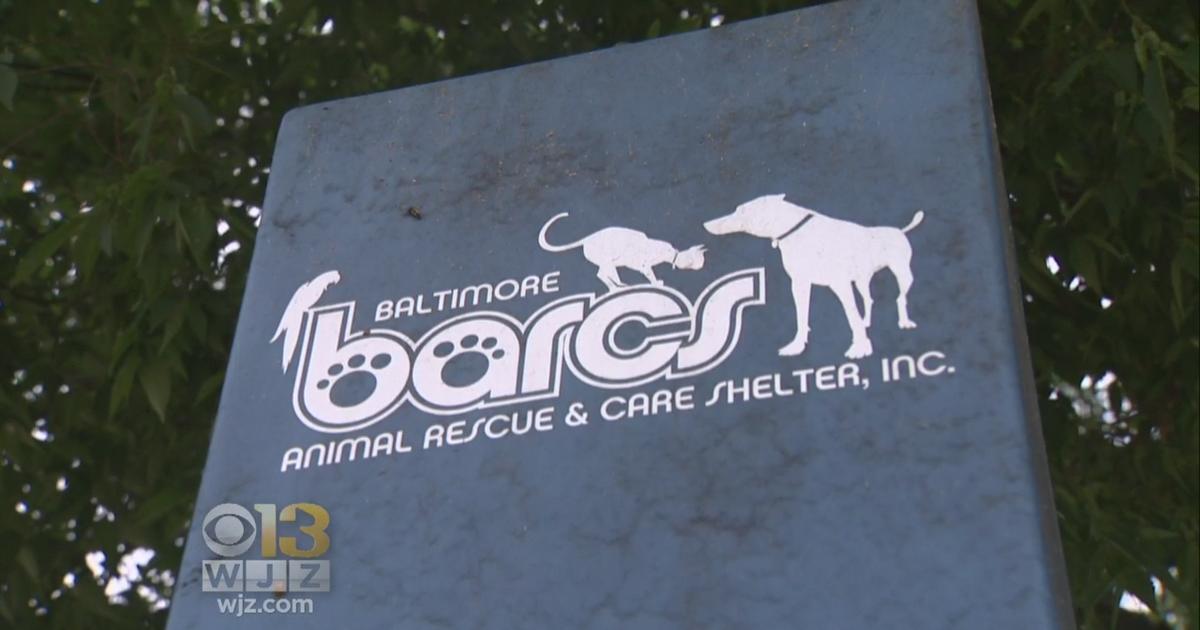Addiction Recovery Leads Baltimorean To Choose Career Helping Others
Patricia Deane McGhee knows something about the disease of addiction not available in books. She has, however, been immersed in her education in order to further qualify to be a Mental Health Counselor and Certified Chemical Dependency Counselor in Maryland. She currently works at the Maryland Treatment Center; a residential alcohol and drug rehabilitation and detox center, and will be fully certified by the state in June of this year.
She has acquired an associate degree, a B.S. in clinical psychology, and a B.S. in sociology, and is currently working on a master's in mental health counseling to be completed later this year. She earned all of her degrees from Walden University.
What inspired you to enter the field of chemical dependency counseling?
"I was inspired to enter my current profession by my own personal experience of the disease of addiction. I have been in recovery for 16 years, which made me realize that I could make a difference in a disease not defined by race, ethnicity or economic status. I am also reminded where I have been and have the satisfaction of giving back."
How does your educational background relate to your current role?
"My educational background has been invaluable. Personal experience cannot begin to address the variety of issues I have had to deal with during the six years I have worked with addicted populations in Maryland. The combination of mental health issues, crises, trauma, family dysfunctions and those suffering with co-occurring disorders has required all the training that I have and more."
How has your education helped to further your career and contributed to your success?
"My education will help to further my career because of the upcoming testing requirements of the state. The profession not only requires continuing education but also continuing evaluations.Being constantly updated on new and improved methods is part of the professional competence required as are ethical and legal requirements as they change."
What is some advice you can offer others looking to go into mental health or chemical dependency counseling?
"Be prepared because education and training are a large part of the profession. Also, the most essential concept of counseling is 'do no harm' and always maintain the welfare of the client first. The profession is rewarding, and hopefully the work of the few will create a change for the many and a forum for positive social change."
Susan Brown originally spent many years in banking/finance before confronting her addictions. She has now been in recovery for 20 years.
Primary interests include metaphysics and energy healing in which
she has several certifications. She has written for Examiner.com since 2009 and also writes for Om Times. Sue lives in Baltimore.




